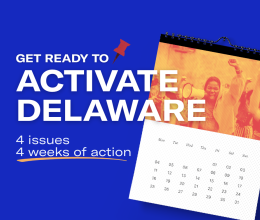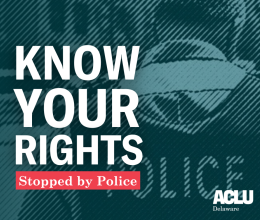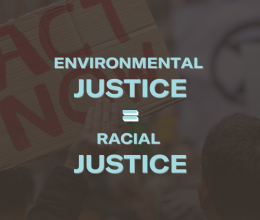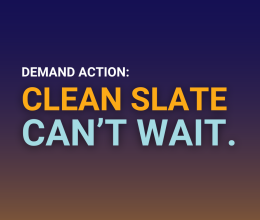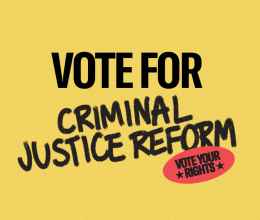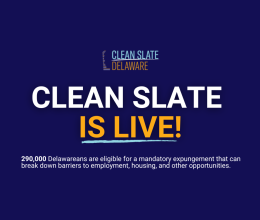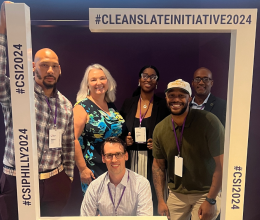This post is part of our Spring 2016 issue of Connection, our quarterly newsletter. To read the whole newsletter, click here.
Gun violence in Wilmington has the whole state disturbed and improving police-community relations is part of forming the proper response to this violence.
Mayor Williams has primarily promoted a tough-as-nails approach. Others, such as the Wilmington Public Safety Strategies Commission, which issued its report in March 2015, advocated community policing as a more effective long term response. The conversation was contentious at times, but civil. And then Jeremy ‘Bam’ McDole was shot and killed by four Wilmington police officers as he sat in his wheelchair, and the tenor of the conversation changed.
The McDole family led protests, called for the resignations of the police chief and mayor, and hired lawyers to sue the city. Lawyers from the national ACLU Criminal Law Reform Project took notice of the McDowell shooting and visited Wilmington to consult with ACLU-DE staff and community leaders to determine how we as an organization can respond. We held “know-yourrights” forums in a few of Wilmington’s crime-riddled neighborhoods to gain an on-the-ground perspective. Some of what we learned was not new—black and brown folks in the city are over-policed and underserved. What became clearer to us is the problematic role the Office of Probation and Parole plays in city policing through the “Safe Streets” program.
Safe Streets was established in 1996 as a response to gun violence in Wilmington. It enabled probation officers to team up with police officers to keep closer surveillance of men on probation and to act to return them to prison promptly if they violated probation. Fast forward twenty years, and we must evaluate whether this program may be making things worse, not better, especially regarding community relations.
Probation officers have much more latitude to search a person on probation on the street or enter their home than does a police officer, who needs a warrant, an emergency or permission from the subject. But if probation officers are stopping and searching people on the street on a daily basis or opening doors, which they walk through with a police officer in tow, it is no wonder that police-community relations are at such a low point.
We must ask—are probable cause standards being maintained at all? Has a law enforcement culture been built over twenty years that disregards civil rights? Is the black community in Wilmington actually living in a police state?
The ACLU of Delaware is going to find out. We are continuing to meet with groups in the community, requesting data through FOIA, and meeting with officials, including Probation and Parole. We expect that as a result of this work, civil rights protections for residents of Wilmington will be strengthened significantly.
In Solidarity,



